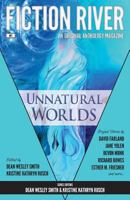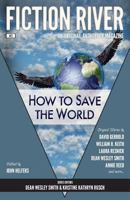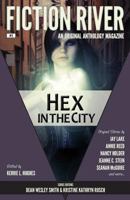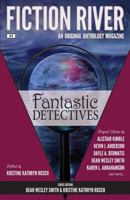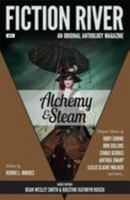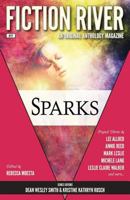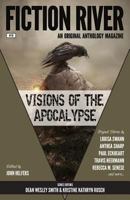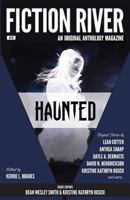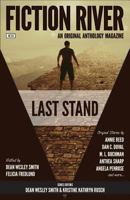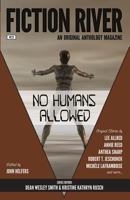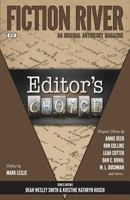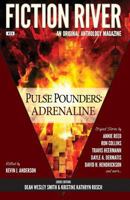Style Wise: A Practical Guide to Becoming a Fashion Stylist
Select Format
Select Condition 
Book Overview
Style Wise: A Practical Guide to Becoming a Fashion Stylist, 3rd Edition is an essential text for turning aspiring stylists into professional stylists. The text presents fashion styling as a form of communication that can both support and challenge social norms such as beauty standards and gender roles. Full-color photos and examples from the runway reflect the fast-paced, vibrant fashion industry and cover topics including photo shoots, fashion shows, and special events. Step-by-step instructions guide readers through crucial areas like business basics, establishing a social media presence, and networking, while hands-on projects provide opportunities to develop a portfolio. Timelines, infographics, interviews, and learning activities that focus on the digital side of the fashion industry boost engagement and bring students up-to-date on careers in styling.
New to this Edition:-New "The Go-By", "The Pull List", and "Talent Credits" features engage students with controversies in contemporary styling, provide biographies of top designers and brands, and give insights on how key individuals have contributed to the styling profession
-Emphasis on diversity, equity, and inclusion represents plus-sized and differently-abled models as well as style icons and moments in fashion history from various geographic, ethnic, and gender groups
-Coverage of topical issues such as gender-neutral fashion, cultural appropriation, and the effects of the Covid-19 pandemic
-New sections on color theory, fabric, and cultural and religious fashions STUDIO Features Include:
-Study smarter with self-quizzes featuring scored results and personalized study tips
-Review concepts with flashcards of terms and definitions
-Access samples of documents, forms, and templates for all stages of planning a photo shoot including a call sheet form, supply checklist, planning calendars, and more Instructor Resources
-An Instructor's Guide to help incorporate this text into the classroom, including a test bank to provide options for student assessment
-PowerPoint(R) presentations include images from the book and provide a framework for lecture and discussion













